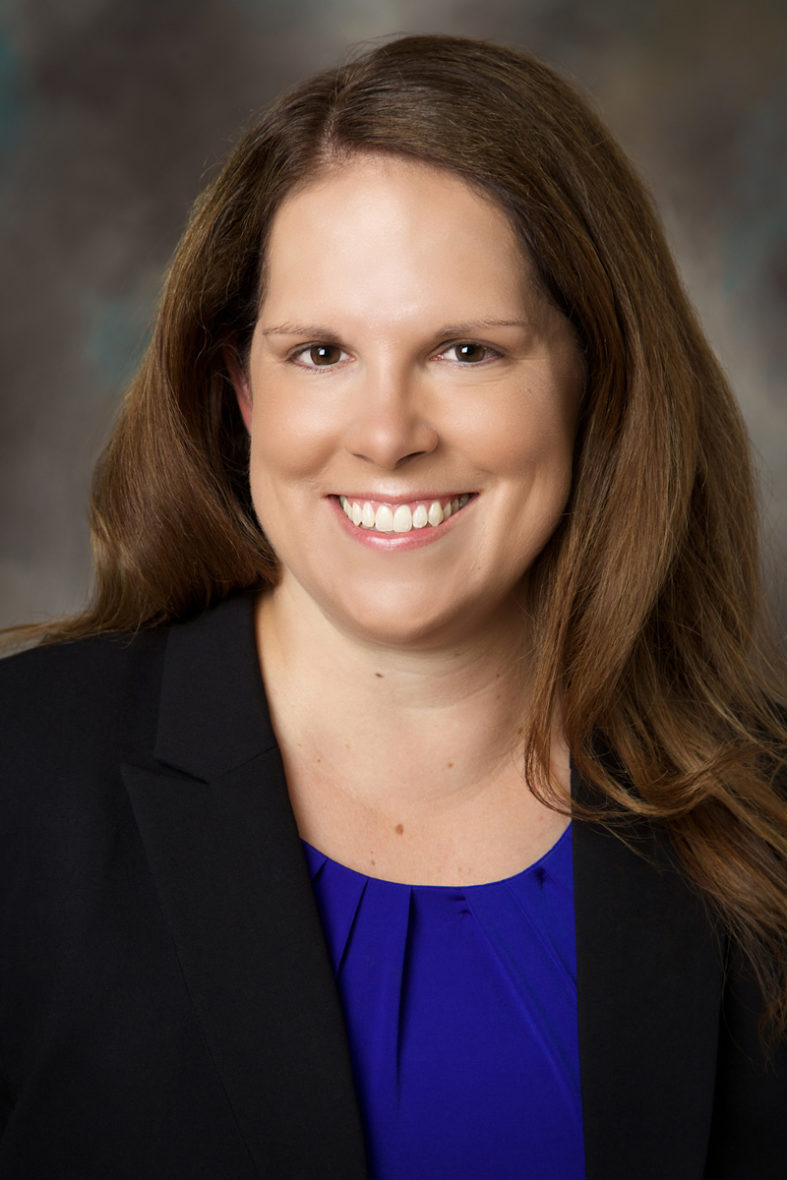(UPDATED, 2:06 p.m., with comment from Idaho Education Association.)
State superintendent Sherri Ybarra has submitted her K-12 budget request for 2018-19, and it includes a $113.6 million spending increase.
But she described it as a stay-the-course budget request — with the additional money earmarked to address enrollment growth and continue funding the 4-year-old recommendations from Gov. Butch Otter’s education task force.
“My budget request continues the forward momentum of the past few years,” Ybarra said in a news release Friday morning. “We also heard loud and clear from stakeholders ‘no new initiatives,’ so there are no surprises in our budget.” Superintendent Ybarra said.
Friday was Ybarra’s deadline to submit her budget request — the first step in a budget-writing process that will unfold through the winter. Otter will unveil his 2018-19 state budget proposal on Jan. 8, the first day of the 2018 legislative session. Legislators will then spend three months crafting budgets for K-12 and other state agencies; those bills go back to Otter for his signature.
All told, the Ybarra budget would push K-12 spending to nearly $1.8 billion, a 6.8 percent increase,
A few key line items and requested budget increases:
- Ybarra requested $46.6 million to fund the fourth year of the career ladder, Idaho’s five-year plan to boost teacher salaries. Under the career ladder, Idaho’s minimum teacher salary would increase from $34,600 to $35,800.
- The budget includes $9.9 million in line items to increase classified staff salaries by 5 percent and administrative salaries by 3 percent.
- Ybarra requested $8 million to the state’s growing advanced opportunities program, which provides every high school student a $4,125 line of credit to take college-level courses. The proposed increase would bring this line item to $15 million. The advanced opportunities program cost $12.1 million in 2016-17, and lawmakers will need to dip into state savings accounts to cover the extra costs.
- Schools would receive an additional $19 million in “operational” funding — a discretionary line item that can be used to cover salaries, technology, textbooks or other needs. Some of the 3.5 percent increase is earmarked to cover rising health insurance costs. Under the Ybarra budget, operational funding would increase to $27,683 per classroom, up from $26,748.
- Ybarra requested $9 million for college and career counselors, a $2 million increase.
Idaho Education Association President Kari Overall praised Ybarra for supporting another year of career ladder funding, but said the overall proposal came up short.

“Idaho’s K-12 budget could (and should) be more ambitious, particularly given the economic prosperity that our state is enjoying,” Overall said. “We also remain concerned that the ‘status quo’ approach of this budget does not go far enough to help Idaho retain its most experienced and valuable teachers.”
The Ybarra budget plan does include one new initiative — but a familiar one.
Ybarra’s agency budget for the State Department of Education includes $300,000 to launch Rural Education Support Networks, a cooperative designed to help smaller school districts share resources and combine programs. The House has passed rural education bills in 2016 and 2017, but each year, the proposal stalled out in the Senate.
“Our business and industry leaders are worried that without addressing rural needs we will create a two-class system of schools,” Ybarra said Friday.
The 2018-19 budget request is Ybarra’s third as state superintendent, and it comes less than nine months before the 2018 Republican primary. This week, Ybarra said she has not formally launched her re-election campaign, but she said she is planning to run again.
Ybarra already has one announced Republican opponent, Wilder schools superintendent Jeff Dillon. No Democrat has filed for the race.
